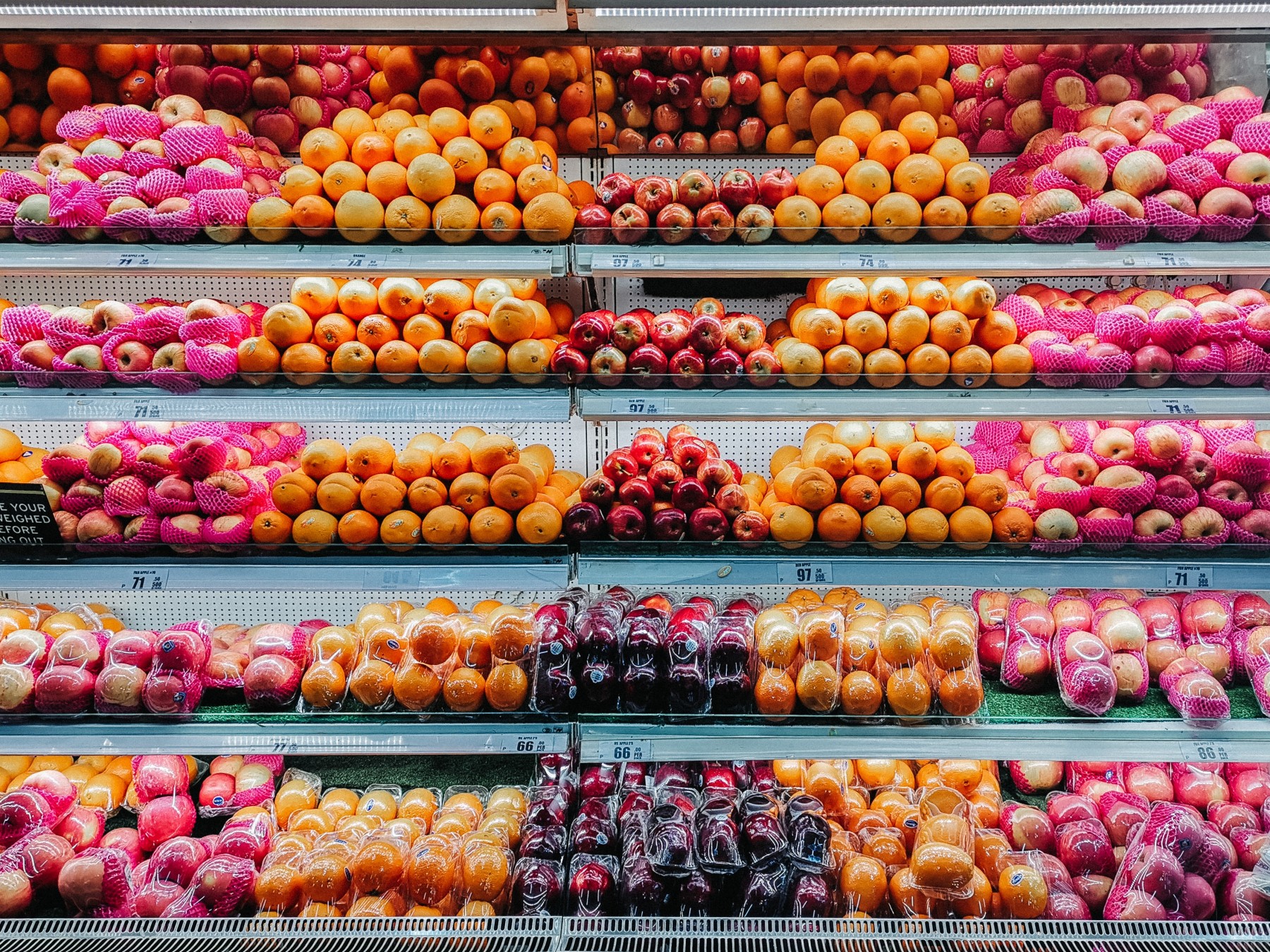Sam is 23 and works full-time in Wellington. Originally from Milton Keynes in England, he has lived in Aotearoa for more than 13 years.
Sam remembers what it was like to live through another worldwide virus – H1N1, or the Swine flu. He was 13 at the time and recalls seeing news reports as it spread across the world.
“I remember my father telling me on a few occasions to make sure I was sanitising my hands after touching things in public. It was scary at the time because people didn’t really know what would happen with it,” he says.

